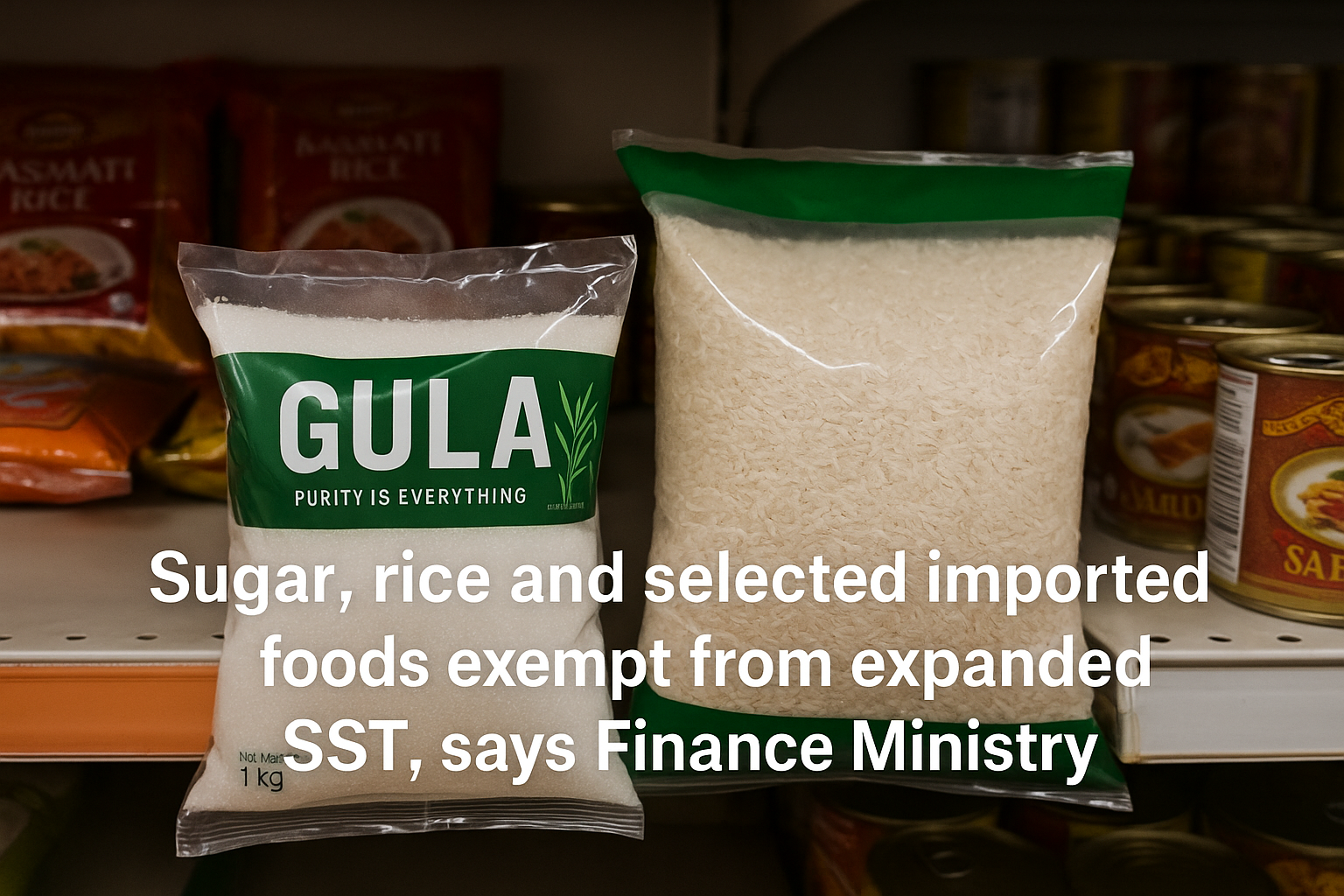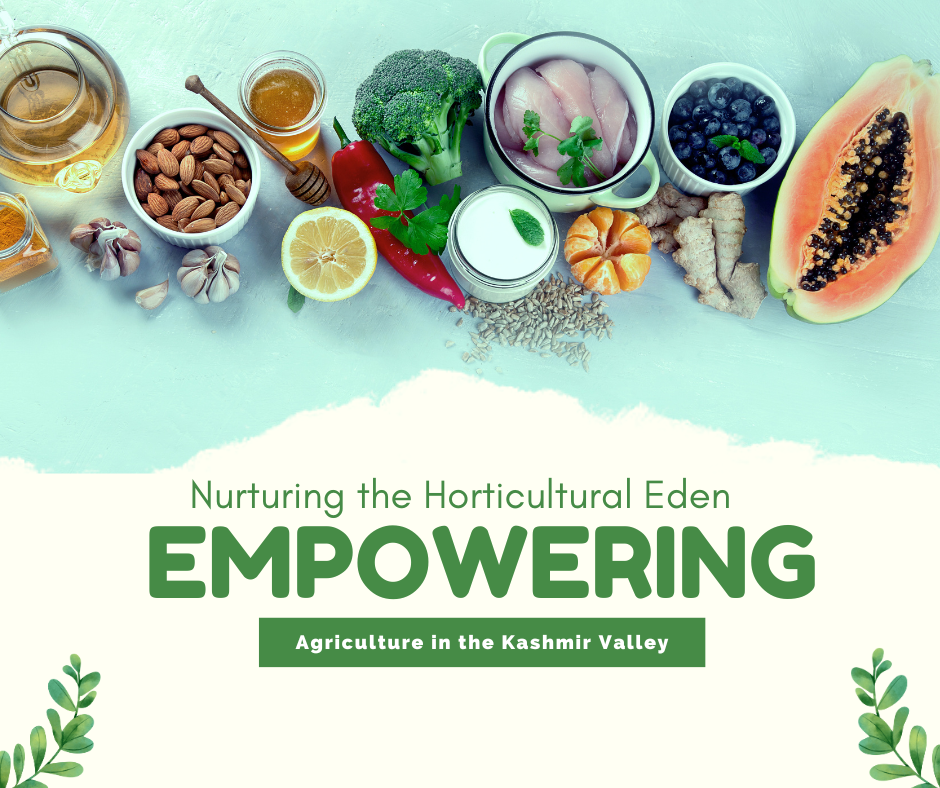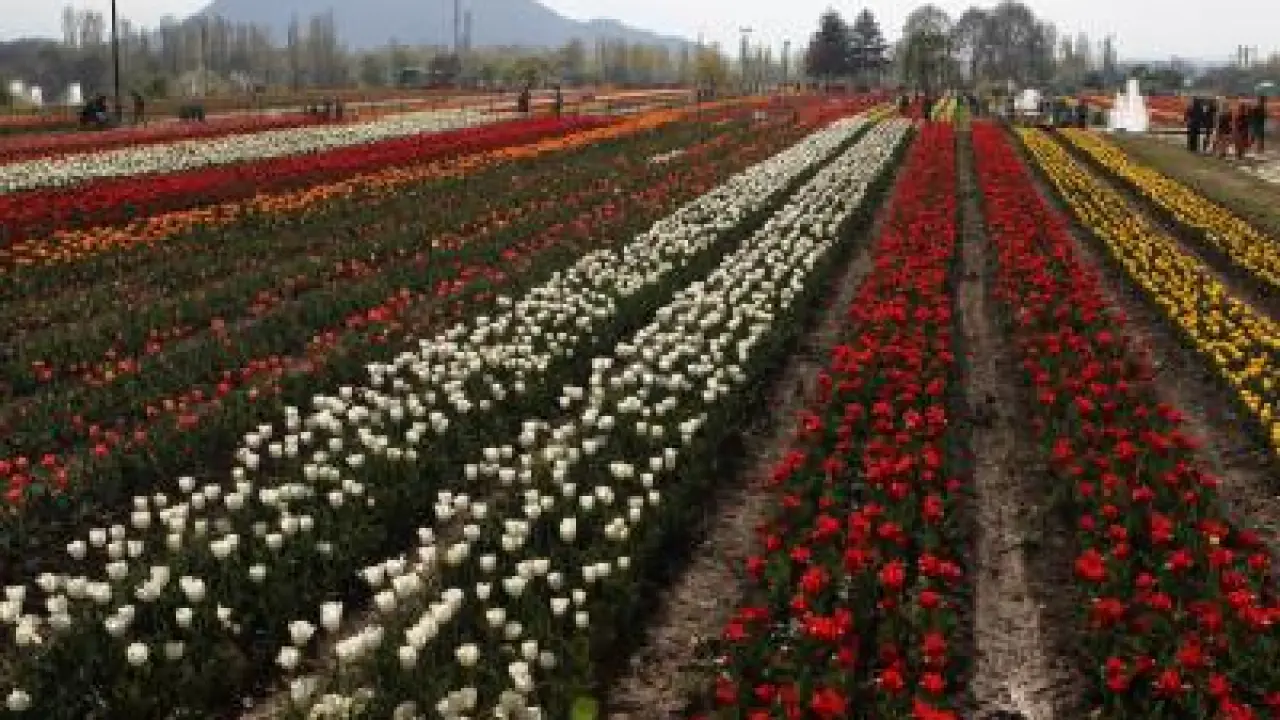In the picturesque Kashmir Valley, nestled amidst the mighty Himalayas, lies a land renowned for its lush orchards and vibrant horticultural industry. Blessed with fertile soil and a favorable climate, the region of Kashmir has long been celebrated for its bountiful harvests of apples, apricots, cherries, pears, plums, almonds, and walnuts. These fruits, known for their exceptional flavor and quality, have earned Kashmir a prestigious place on the world map of horticulture.
The horticultural sector in Jammu and Kashmir plays a vital role in the region’s economy, providing livelihoods to thousands of farmers and contributing significantly to the state’s agricultural output. With its diverse range of fruits and nuts, Kashmir offers a rich tapestry of flavors and textures that captivate the senses and delight consumers worldwide.
However, despite its immense potential, the horticultural industry in Kashmir faces various challenges that hinder its growth and development. These challenges include limited access to modern farming techniques, inadequate infrastructure, and post-harvest losses due to lack of proper storage and transportation facilities. Additionally, unpredictable weather patterns and natural calamities such as floods and landslides pose significant risks to crop yields and farmer livelihoods.
To address these challenges and unlock the full potential of Kashmir’s horticultural sector, initiatives aimed at empowering agriculture and horticulture in the Kashmir Valley are paramount. These initiatives focus on providing farmers with access to modern farming technologies, training programs, and financial assistance to improve productivity and efficiency in fruit cultivation. Furthermore, efforts to enhance infrastructure, such as the development of cold storage facilities and transportation networks, are crucial for reducing post-harvest losses and ensuring the timely delivery of produce to markets.
Government agencies, agricultural universities, and non-profit organizations are actively involved in promoting sustainable agricultural practices and supporting farmers in adopting innovative techniques for crop cultivation. One such initiative is the promotion of high-density apple orchards, which has shown promising results in increasing yield and improving fruit quality.
Moreover, the integration of organic farming practices and the adoption of eco-friendly pest management strategies are gaining momentum in the region, as farmers recognize the importance of sustainable agriculture for long-term environmental and economic sustainability.
In addition to government-led initiatives, private sector investments and collaborations play a significant role in driving innovation and modernization in Kashmir’s horticultural industry. Agri-tech startups and agricultural cooperatives are harnessing technology to provide farmers with access to market information, financial services, and farm management tools, empowering them to make informed decisions and maximize their returns.
Furthermore, initiatives to promote value addition and agro-processing are creating new opportunities for farmers to diversify their income streams and add value to their produce. From fruit processing units to walnut cracking facilities, these initiatives aim to reduce post-harvest losses and create employment opportunities in rural areas.
In conclusion, empowering agriculture and horticulture in the Kashmir Valley is essential for unlocking the region’s agricultural potential, improving farmer livelihoods, and ensuring food security. By investing in modern farming techniques, infrastructure development, and value-added processing, Kashmir can position itself as a leading hub for high-quality fruits and nuts, contributing to the economic growth and prosperity of the region. Through collaborative efforts and sustained commitment, the Kashmir Valley can realize its vision of a thriving and sustainable horticultural sector for generations to come.




